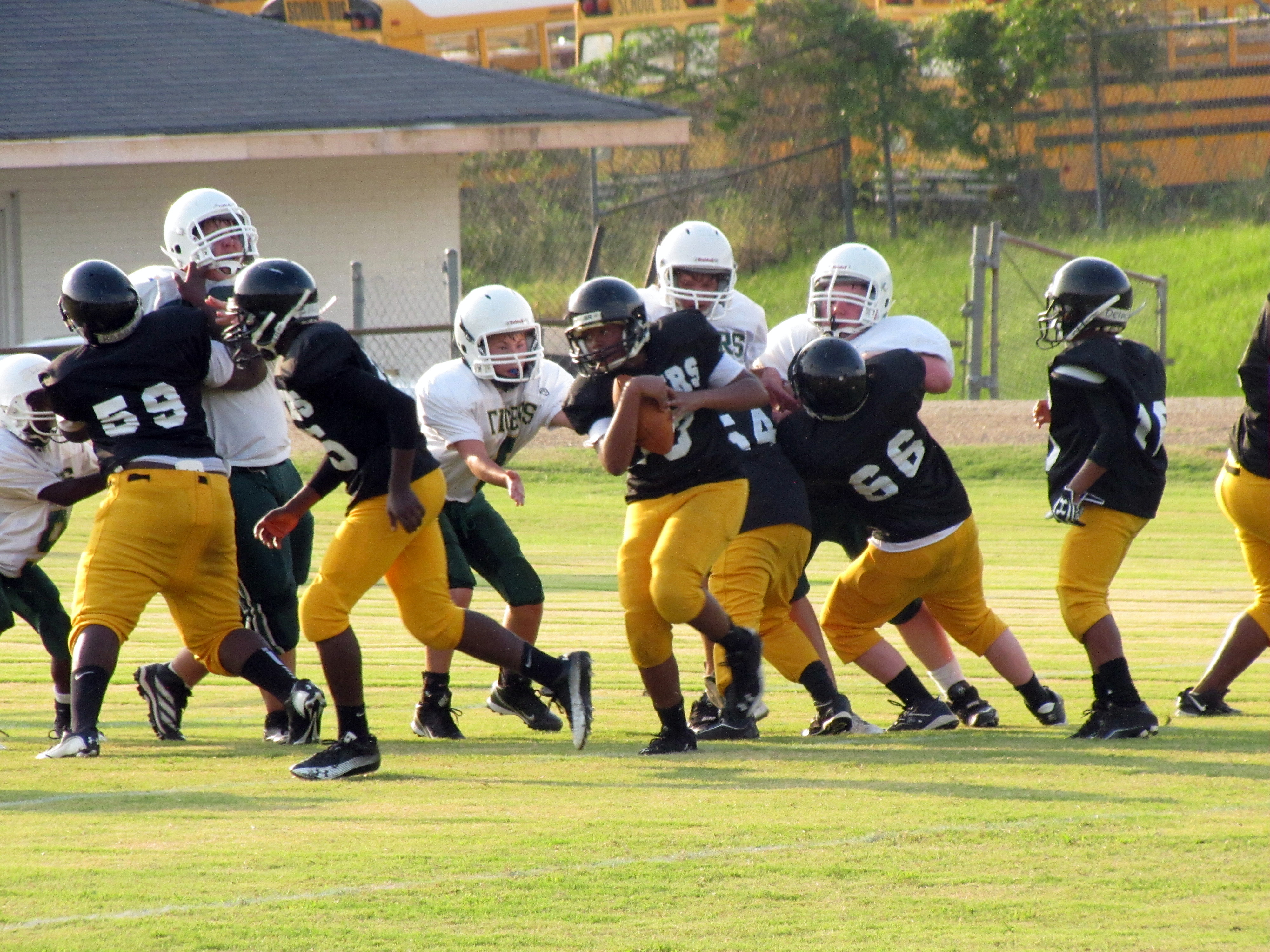If you were to ask anyone what the number one concern is in youth sports today, it wouldn’t be broken bones or skinned knees – it’s concussions. Despite the recent influx of awareness and education on the dangers of concussions, a new study found half of high school football players say they would continue to play, even if they were exhibiting possible signs of a concussion.
The Cincinnati Children’s Hospital surveyed 120 high school football players, 30 of which had suffered concussions in the past. They were asked about their knowledge of concussions, including signs and symptoms, and the students knew their stuff. A vast majority recognized headaches, dizziness, difficulty with concentration and memory, and sensitivity to light and sound as signs of concussion. And more than 90% of those surveyed said they knew there was a risk of serious injury if they returned to play too quickly.
Their level of knowledge and understanding of the severity of concussions makes this next part even more surprising.
When asked if they would continue to play if they suspected they had a head injury, 53% responded they would “always or sometimes continue to play with a headache sustained from an injury.” Just as bad if not worse was that only 54% of those surveyed said they would “always or sometimes report symptoms of concussion to their coach.”
This research is still considered preliminary, but it does raise interesting questions about concussion prevention and education in youth sports. Lead study author Dr. Brit Anderson says that while at this point they cannot make specific policy recommendations, other approaches to identifying injured athletes, such as an increased use of sideline screening, may be needed.









